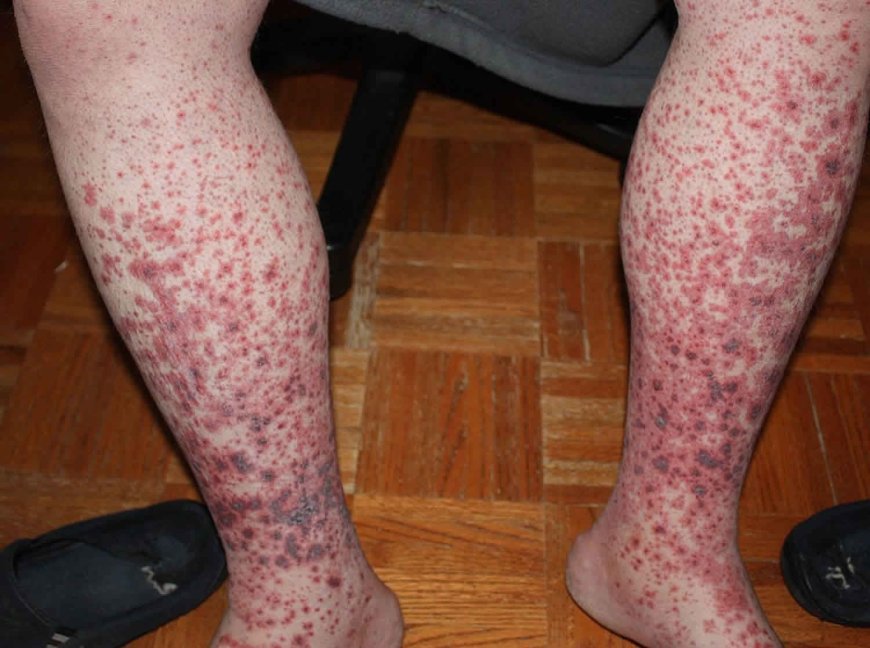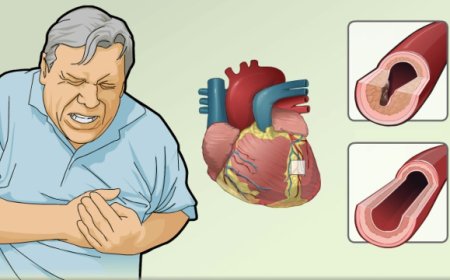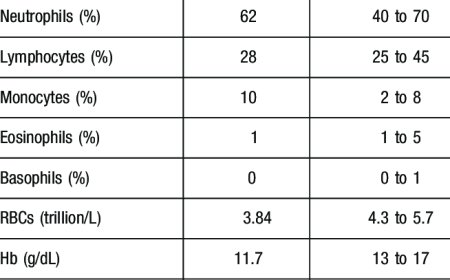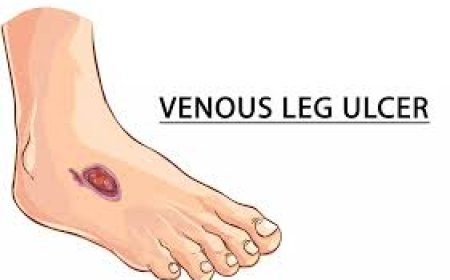ITP ( Immune Throbocytopenia)

Introduction:
Imagine you are a superhero and your body has an army of protectors called platelets. They help your body heal when you get a cut or a bruise. But what if these tiny protectors suddenly disappear? That's what happens in a condition called Immune Thrombocytopenia (ITP). In this article, we'll explore ITP, its causes, symptoms, types, diagnostic tests, treatments, and how to prevent it, all in simple language for 10-year-old children in India.
What is ITP (Immune Thrombocytopenia)? :
ITP is a health condition where your body's immune system mistakenly attacks and destroys the platelets, which are responsible for clotting the blood and preventing bleeding. When you have ITP, your platelet levels drop, making it harder for your body to heal itself.
Signs and Symptoms of ITP:
- Bruises: You might notice more bruises on your skin, even from small bumps or falls.
- Nosebleeds: Nosebleeds can happen easily and last longer than usual.
- Tiny Red Dots: You might see tiny red dots on your skin, which are called petechiae.
- Bleeding Gums: Your gums might bleed when you brush your teeth.
- Blood in Urine or Stool: Sometimes, blood can appear in your urine or stool.
How Is ITP Classified? :
ITP can be classified into two types: Acute and Chronic ITP.
-
Acute ITP: This type usually affects children and goes away on its own within a few months. Most children recover fully without any long-term problems.
-
Chronic ITP: This type can last for six months or longer and is more common in adults. Sometimes, it can be a lifelong condition.
Causes and Triggers of ITP:
The exact cause of ITP is not always clear, but it is believed to happen when the immune system mistakenly attacks the platelets. Some triggers that can lead to ITP are:
- Viral Infections: Certain viruses can trigger ITP, like the flu or chickenpox.
- Medications: Some medicines may cause ITP as a rare side effect.
- Immune Disorders: In some cases, other immune system disorders can lead to ITP.
Risk Factors for ITP in India:
While ITP can affect anyone, certain factors may increase the risk in India:
- Gender: In India, girls seem to be at a slightly higher risk of developing ITP than boys.
- Age: Children and young adults are more commonly affected by ITP.
- Family History: If someone in your family has ITP, you might be at a higher risk too.
- Infections: India's climate and crowded areas can increase the risk of viral infections, which can trigger ITP.
Types of ITP and Their Details:
-
Primary ITP: When ITP occurs on its own without any other underlying health issues, it is called primary ITP.
-
Secondary ITP: When ITP happens as a result of other health conditions like immune disorders or infections, it is called secondary ITP.
Diagnostic Tests and Treatments for ITP:
-
Blood Test: To diagnose ITP, doctors check the number of platelets in your blood. If they are too low, it might be ITP.
-
Bone Marrow Test: Sometimes, doctors may need to take a small sample of bone marrow to understand the cause of ITP.
Treatments for ITP:
- Observation: In some cases, doctors might wait and watch to see if the platelet levels improve on their own.
- Medications: Doctors may prescribe medicines to help increase the platelet count or suppress the immune system.
- Splenectomy: In severe cases, the spleen (where platelets are destroyed) might be removed.
Complications of ITP:
The main complication of ITP is excessive bleeding, which can be dangerous if not managed properly. But with proper treatment and care, most people with ITP lead normal and healthy lives.
Prevention Techniques:
Since the exact cause of ITP is not always known, there are no specific prevention techniques. However, you can protect yourself by maintaining good hygiene, staying away from sick people, and getting vaccinated against infections that can trigger ITP.
Conclusion: ITP might sound scary, but with the right knowledge and care, it can be managed effectively. If you or someone you know shows signs of ITP, don't worry; doctors can help. Remember to stay healthy, keep your body strong, and be your own superhero in the fight against ITP!
What's Your Reaction?
 Like
0
Like
0
 Dislike
0
Dislike
0
 Love
0
Love
0
 Funny
0
Funny
0
 Angry
0
Angry
0
 Sad
0
Sad
0
 Wow
0
Wow
0









































































